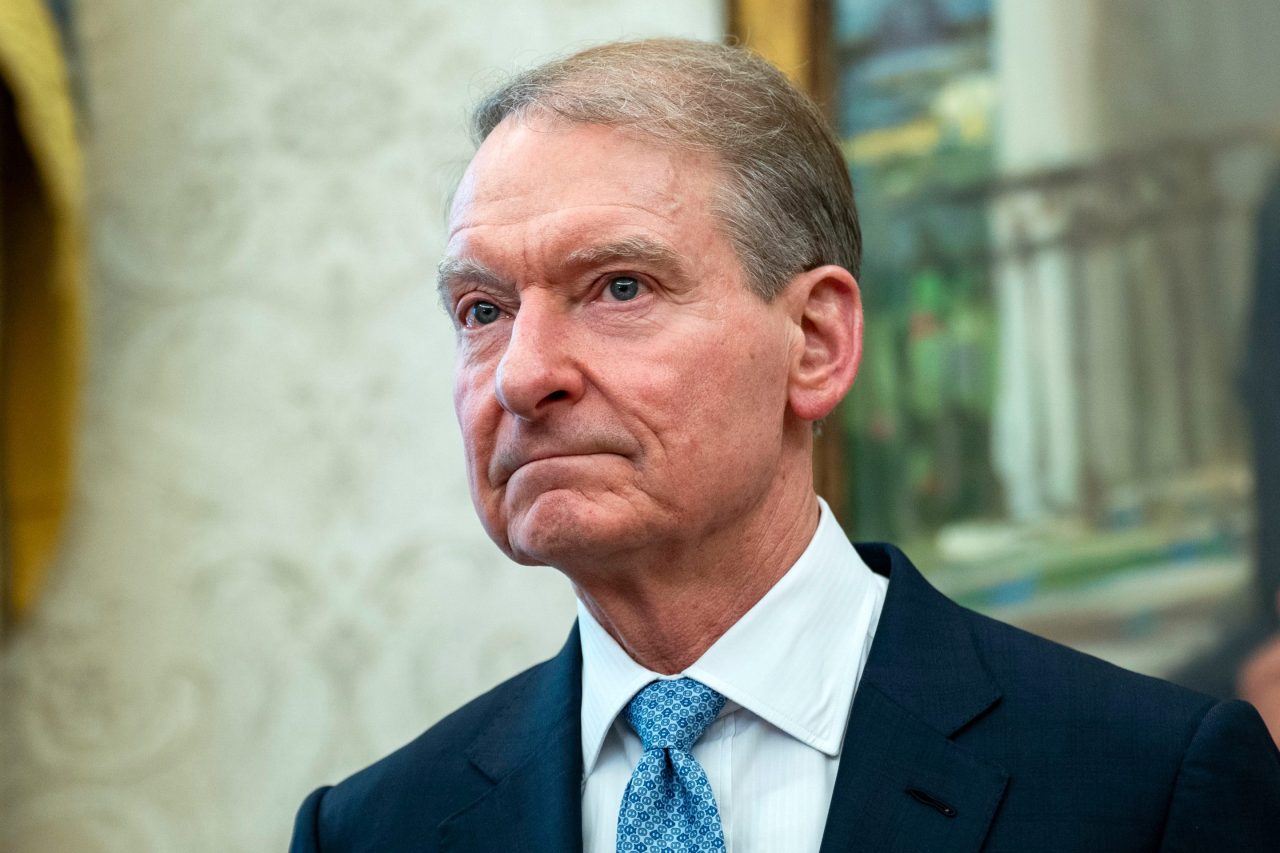Abidjan, Côte d’Ivoire — Alarming reports of a military coup in Ivory Coast spread rapidly across social media in late May, sparking confusion and fear among citizens and observers. However, government officials, local journalists, and independent fact-checkers have firmly debunked the claims, confirming that no such coup took place.
The rumors, which circulated widely on platforms like Facebook, X (formerly Twitter), and WhatsApp, alleged that President Alassane Ouattara had been overthrown, gunfire had broken out in Abidjan, and that military forces were in open conflict. Several misleading videos and audio recordings added fuel to the narrative.
But as panic briefly took hold, journalists on the ground and national authorities were quick to respond. “There is no sign of unrest or military activity in Abidjan,” said Mohamed Diarrassi, a reporter with fact-checking organization PesaCheck, who was present in the capital. “Shops are open, traffic is normal, and life continues as usual.”
The National Agency for Information Systems Security (ANSSI), Ivory Coast’s cybersecurity authority, issued a statement describing the rumors as a “deliberate and coordinated disinformation campaign aimed at destabilizing public order.”
President Ouattara, who was reported to be missing by the false posts, appeared publicly the following day attending meetings and continuing official duties, further quelling the speculation.
A Fragile Political Backdrop
The timing of the rumors is significant. With general elections scheduled for October 25, 2025, Ivory Coast’s political environment is tense. Earlier this year, the Constitutional Council barred prominent opposition figure Tidjane Thiam from running for president — a move that sparked criticism and accusations of political suppression.
Observers fear that such disinformation campaigns could be part of broader efforts to manipulate public perception and fuel unrest in the lead-up to the vote. “Disinformation thrives where trust is low and tensions are high,” said Dr. Awa Kouamé, a political analyst based in Abidjan. “We’ve seen similar tactics used in neighboring countries following real coups — this makes Ivorian citizens more susceptible to believing false alarms.”
A Regional Pattern of Misinformation
West Africa has recently seen a wave of military takeovers, including in Mali, Burkina Faso, and Niger. These real coups have made the region especially sensitive to political rumors. Analysts suggest that this climate has created fertile ground for false narratives to spread quickly and widely.
“Every time there’s a video of soldiers or a convoy, people now assume the worst,” said Kouamé. “Bad actors exploit this fear.”
Fighting Back with Facts
Authorities have urged citizens to verify information through official channels and avoid sharing unconfirmed news. Media literacy campaigns are also being promoted to combat the growing tide of misinformation.
“This is a wake-up call,” said ANSSI’s spokesperson. “Our democracy depends on informed citizens. Disinformation is now a serious threat to national security.”
As the country moves toward elections, vigilance remains key. For now, Ivory Coast remains calm, with its government intact — a reminder that not everything that trends online reflects reality on the ground.




